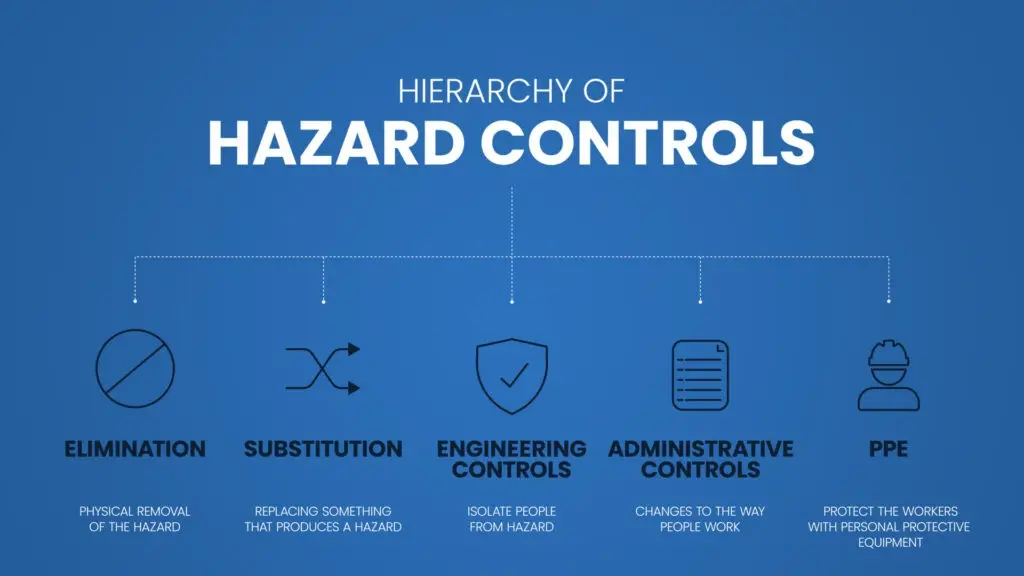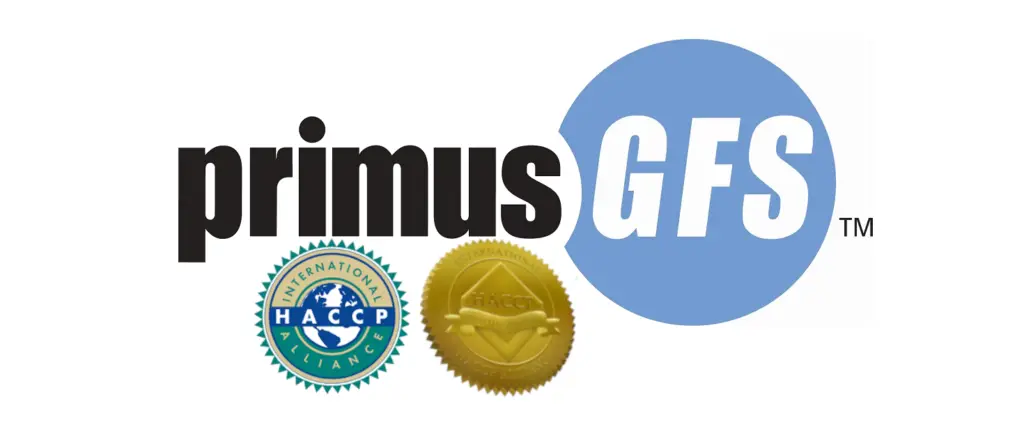Why is HACCP So Important

By implementing HACCP, food producers can take proactive steps to prevent food safety issues before they occur, rather than simply reacting to them after they have happened. This can help to protect consumers from foodborne illness..
Is HACCP a Law?

HACCP is not a federal law in the United States, but it is a mandatory requirement for certain food products that are regulated by the U.S. Department…
What are the 12 Steps of HACCP?

HACCP, which stands for Hazard Analysis and Critical Control Points, is a systematic approach to food safety that is used to identify and control potential hazards in food production and preparation. The 12 steps of HACCP are as follows:
Primus GFS HACCP Training Requirements

One member of the HACCP team, should have a certificate of a formal HACCP training from a recognized organization, institution or trainer with a minimum duration of 2 days or 16 hours, taken within the last 5 years. The rest of the team should have at least an internal training to make sure they are knowledgeable of the HACCP principles. These trainings should be documented.
What Are The Prerequisites For Developing A HACCP Plan?

Operations such as regular cleaning and sanitation, and even proper handwashing to avoid cross – contamination, are all part of a bigger food safety program. As the term suggests, prerequisite programs must be satisfied to establish more complex food safety plans such as the Hazard Analysis Critical Control Point (HACCP).
Establishing correct prerequisite programs builds a solid foundation for other food safety plans and shows a firm commitment to protecting public health. These operations can significantly minimize the pressure on implementing food safety plans as the hazards are already addressed in the earlier stages of the production process.


